New photocatalytic system converts carbon dioxide to valuable fuel more efficiently than natural photosynthesis
Green Car Congress
AUGUST 13, 2023
A joint research team from City University of Hong Kong (CityU) and collaborators have developed a stable artificial photocatalytic system that is more efficient than natural photosynthesis. The new system mimics a natural chloroplast to convert carbon dioxide in water into methane, very efficiently using light.

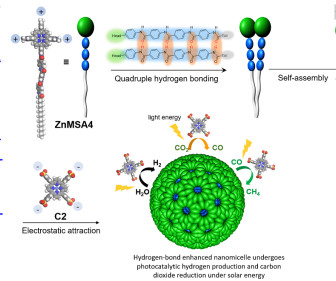
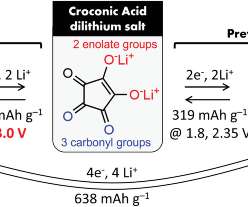
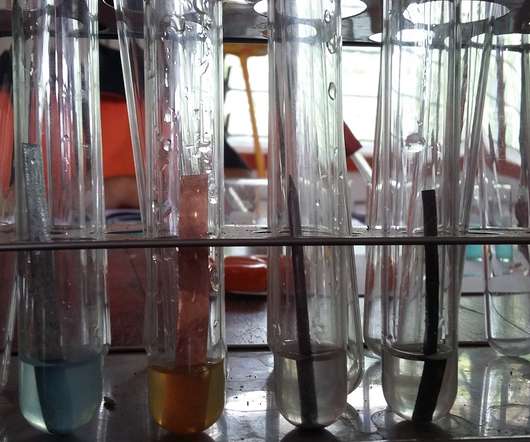


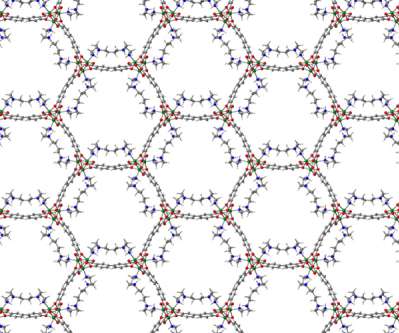

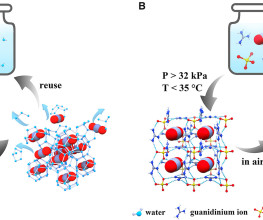
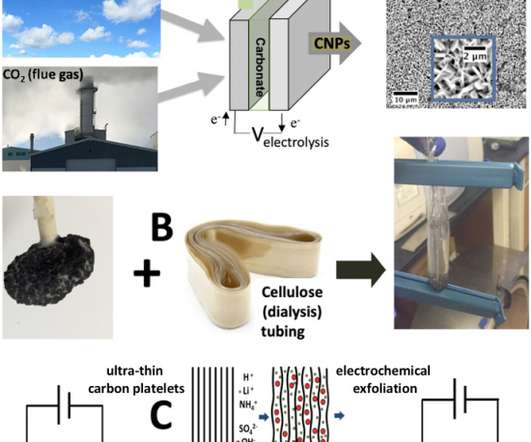





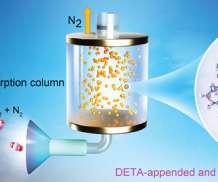


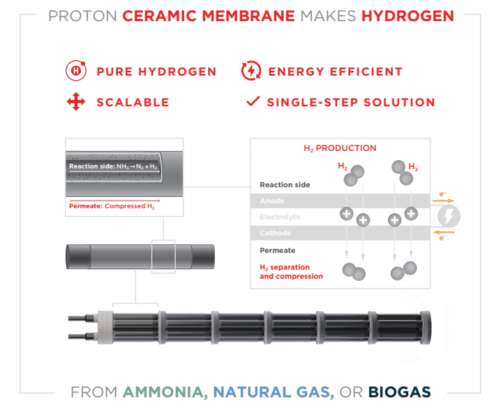

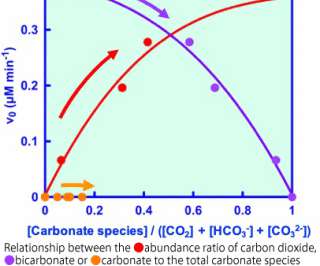

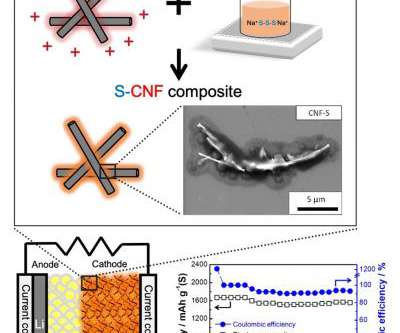


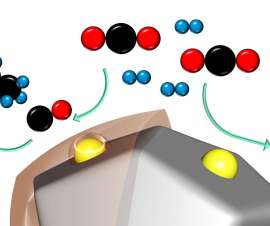

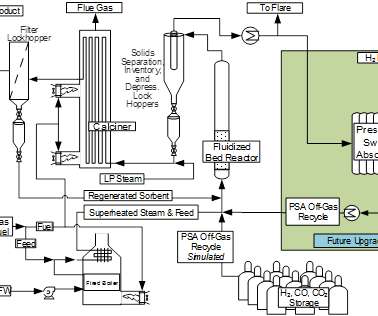


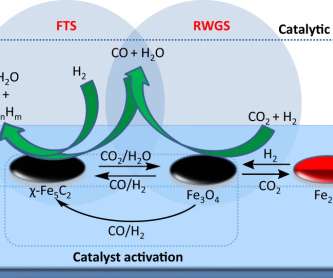







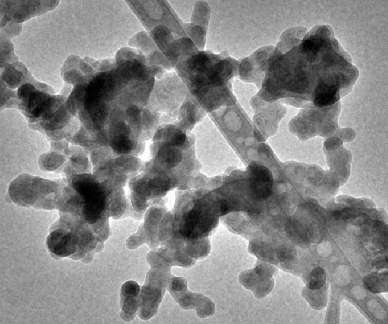






Let's personalize your content